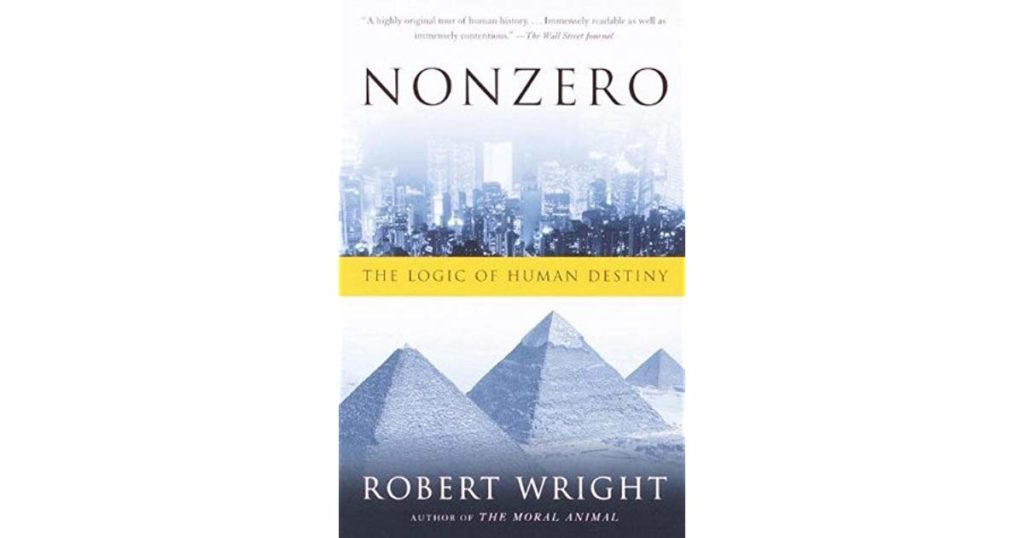People debate whether good design is subjective. I’ll argue that it’s not. Good art is subjective, but design isn’t. The main difference between art and design is that while art is made for oneself, design is made for someone else (the user) to achieve her objectives (not yours).
Designing for the user isn’t as easy as it sounds. One of the most difficult aspects of being a designer is to avoid letting your personal preferences dictate what’s good for the user. Thinking from user’s perspective doesn’t come naturally. Evolution has trained us to think from our own point of view. This is why great designers are rare — they are able to suppress their worldview and their preferences to think from the user’s point of view.
